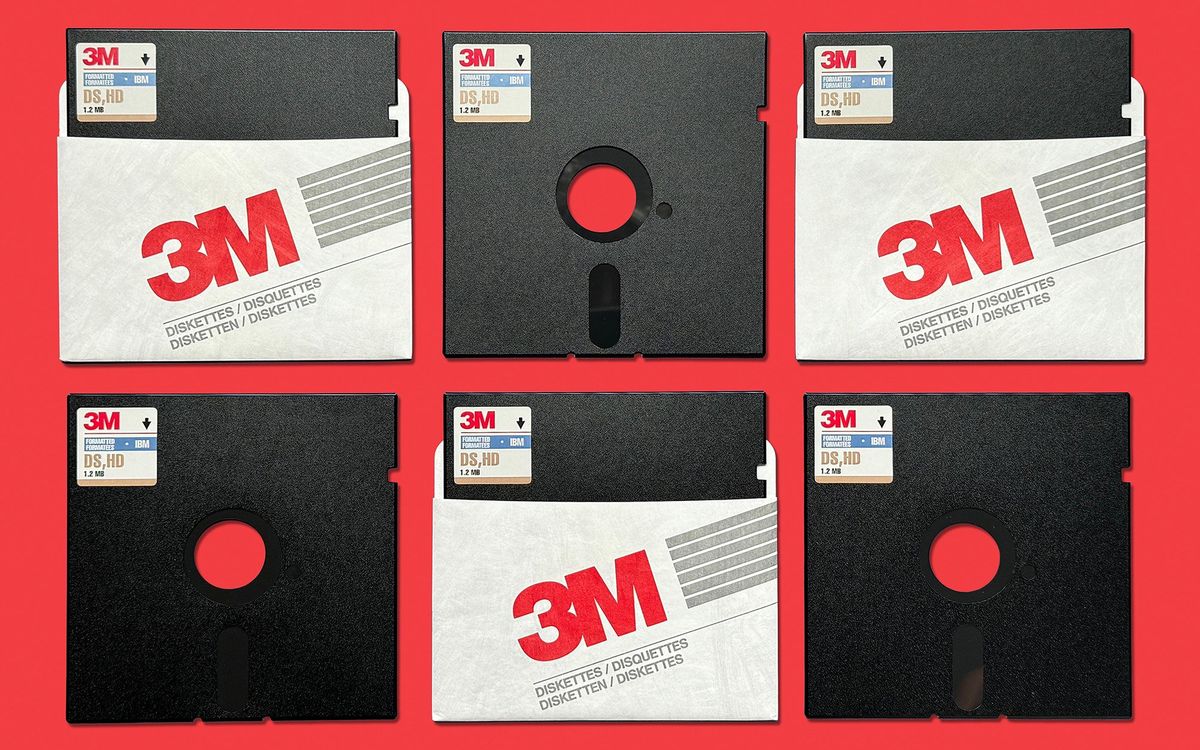And indeed, looking at ads, reading reviews, and checking with friends is a reasonable way to make decisions—it’s how we decide what books to read and movies to watch. But today, we have another way to help us choose books and movies—recommenders, those computer programs, on websites like Amazon and Netflix, that watch our behavior and make suggestions based on their understanding of what we like and what people similar to us like.
The technology behind recommenders has been evolving quickly; the October issue of IEEE Spectrumreports on that evolution extensively in “Deconstructing Recommender Systems” by Joseph Konstan and John Riedl. And recommenders have starting being applied in areas beyond online shopping—helping university students identify courses, for example, and helping cell phone providers figure out which customers they are in danger of losing.
And, it turns out, as startup company ElectNext reported at DemoFall earlier this month; they are also useful in helping people make political choices.
OK, that sounds a little creepy at first glance—computer software that tells us how to vote? And it could be creepy if the company behind the software has an agenda. But ElectNext promises to stay non-partisan; it will never take advertising money or sell user data. Instead, it plans to sell itself as a service to news and other web sites interested in drawing traffic.
It starts by asking users to take a stand on ten issues and rate each one on whether or not it is important. Users don’t all see the same ten questions. After each question is answered, ElectNext’s recommenders determine which question to ask next. Then, based on the users' answers, the answers of people like them, and many of the other factors that book and movie recommenders consider, ElectNext will “suggest” candidates. ElectNext, like many good recommenders, is transparent; if a user wonders why a particular candidate is recommended, he can click through to an analysis of issues on which the user and the candidate are aligned and issues on which they differ.
In my test, the first ten issues didn’t get me any useful recommendations; my answers, it seemed, were all over the place. I took the option to look at more issues; going through four more seemed enough to allow ElectNext to find its recommendations. As ElectNext builds a wider and deeper database of user ratings, this process will likely become more efficient. The website has a few other glitches; for one, the only way to get back to the home page is to log out. But it has potential.
Between elections, ElectNext could track candidates and issues for users, sending an alert when a vote is coming up on an issue they care about, letting them know that it might be a good time to write some letters to their representatives.
Right now, ElectNext is focusing on national races; after November, the company plans to build its database of local candidates, using interest group ratings, campaign finance records to infer positions based on where a candidate’s support comes from, data points gathered by analyzing interviews, and data coming in from politicians themselves and ElectNext users. So for now, I'm going to have to figure out that water district election on my own.
To try out ElectNext, go to www.ElectNext.com.
Tekla S. Perry is a senior editor at IEEE Spectrum. Based in Palo Alto, Calif., she's been covering the people, companies, and technology that make Silicon Valley a special place for more than 40 years. An IEEE member, she holds a bachelor's degree in journalism from Michigan State University.




